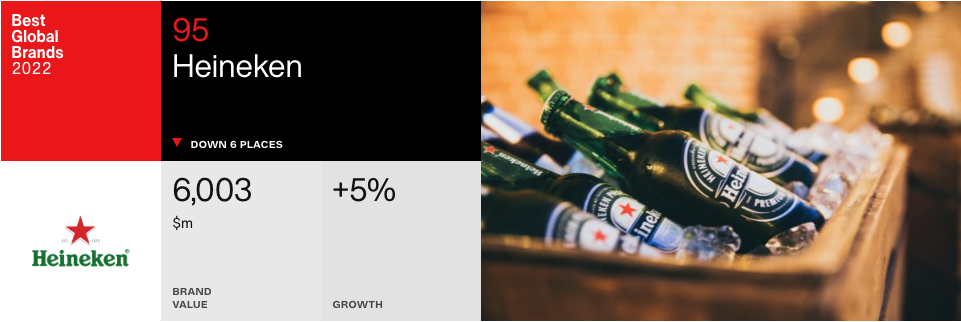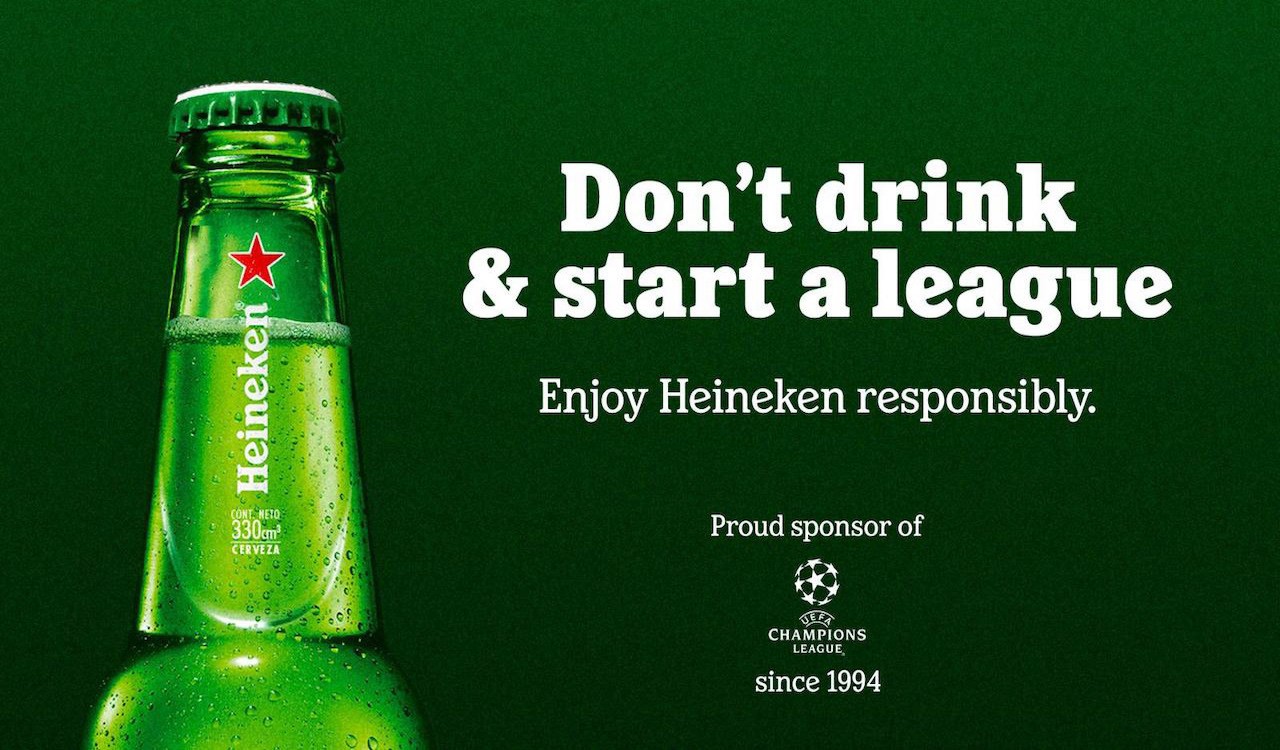Can you explain a little bit about the differences from your previous job overseeing a local market? Either small like the Netherlands and big Brazil - and now overseeing a global market?
'Yeah it's a really big difference, especially if it's not your home market. In a local market, it is important to understand the local culture, demographics, and differences in regions, as well as the set of competitors in the market. You're always part of the culture of a country because beer habits and drinking habits and eating habits are always really rooted into the culture. It's relatively easy because you have the same set of competitors in the market. You know who the competitors are and the landscape you're operating in, you know the dynamics. However, in a global role, it is harder to balance being a consistent global brand while also staying locally relevant. There are differences in how societies react to communication, making it a challenging task.'
And how do you do that? How do you get there?
'I'm a big believer in teamwork and cooperation which is really important in overseeing a global market. We have one global agency around the world. So we have a strong relationship with our global agency partner and strong teams on the ground in different markets, and we use the mantra "localize at scale" to balance the need for global consistency with local relevance. We believe in being close to the market and local trends, and deciding which elements to flex and which to keep global.'
How do you get all those insights from the market? Is it like a big hierarchy? Or do you have townhalls? How do you get all the insights from the market?
'The agency has a data lab that captures global data such as social listening and culture trends. Then we have data translators that translate this data into global universal insights that have relevance in more than one region. That's what's happening on the agency side. The teams have people who oversee a region and are in weekly contact with markets and travel a lot to get information. The global role requires direct interaction with markets and traveling to understand the market, consumers, customers, and our route to market by walking the streets, visiting bars, supermarkets, and talking with your wholesalers and your customers. So that's what I do when I go on visits.'



